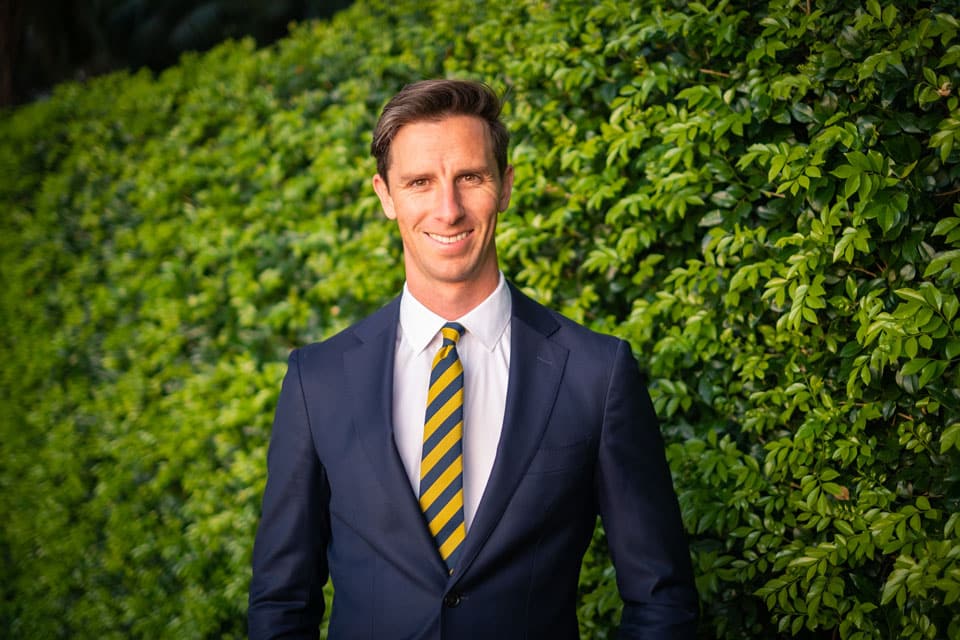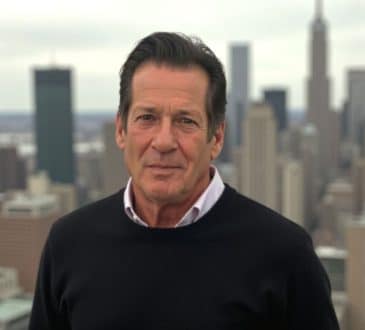Communities can change the world

Australia has become Silicon Valley’s favorite place to test new features, apps, and social media. Australia has one of the wealthiest populations in the world, and at the same time, as a Pacific Island, the country is largely hidden from world markets due to its small economy and distance. Fortune asked in 2015, “If a product flops in the outback and no one hears about it, did it really happen?
I was reminded of Australia’s place as a test market when I interviewed Climate 200’s Executive Director, Byron Fay. Byron is a climate strategist and former Paris Agreement negotiator and holds a Master in Public Policy from Oxford University.
Climate 200 was convened in 2019 by multi-millionaire investor Simon Holmes à Court. Climate 200 is a community crowd-funded initiative that supports political candidates committed to:
- a science-based response to the climate crisis.
- restoring integrity to politics; and
- advancing respect and safety for women.
Climate 200 backs communities to select and support local candidates who care about sustainability, integrity, and equality. The idea is to bring people power to politics and thus change the way that politics works in Australia and serve as a test case for other countries.
Australia has compulsory voting, with 3 levels of Government – federal, state and local. Climate 200 is focusing more at the Federal level but has also supported campaigns at the state level. As in the USA, Australian politics is dominated by two political parties. The Labor Party is more like the US Democrats and the Liberal Party, more like the Republicans. Neither of these parties are progressive. Over time the Liberal party has moved more to the Christian right and has been soundly criticized for its lack of action around climate change and its entrenched sexism. Climate 200 generally supports independent candidates who run in ‘blue ribbon Liberal seats. The majority of the Climate 200 supported candidates (known by some as the ‘Teals’) are women.
The strategy behind the selection of candidates is brilliant. The community is encouraged to select its own candidates and then mount a local campaign to ensure their candidate’s election. Byron Fay told me that it usually takes two election cycles for an independent to be elected. Independents who have been elected are invariably re-elected – they belong to the community and the community looks after its own. Most of the Teals who were elected in 2022 are successful solicitors, businesspeople and/or sports stars. While at the moment the 2-party system in Australia is dominant, the Teals are changing that.
Fay was adamant that neither Climate 200 nor the Teals were a party. Climate 200 accelerates political campaigns, but it is the community that finds the local campaign groups, runs them, and supports their local candidates. What is uniform are the values of sustainability, integrity, and equality – rarely seen in the major parties.
I first became aware of Climate 200 when my local member Tony Abbott (who was at the time the Prime Minister) was rolled by a local lawyer and winter Olympic sports star Zali Steggall. As a businesswoman, I was delighted. Tony Abbott was a climate change denier and noted for prejudice against women. Byron Fay says that while Steggall’s success came from discontent across Abbott’s electorate (a wealthy blue-ribbon Liberal seat), climate 200 provided support towards the end of Stegall’s reelection campaign. Since then, Climate 200 has used Zali Steggall as a role model for newly minted Teals.
In business, I am a leadership strategist who heads huge strategic change programs. A rule of thumb in my game is that it is far easier to work with volunteers than conscripts. When people want to change, want to improve, want to succeed, my job is easy. When people are wedded to the status quo, they are much harder to move. My motto is – to start with the possible, create successful role models, and support followers to follow. Climate 200 has a similar philosophy.
Climate 200 is not trying to change the entrenched political parties; they are backing role models in a different way and harnessing community power to do it. Of course, all this is now possible because of crowdfunding. While Climate 200 does have several big donors (Holmes a’ Court started the ball rolling), a lot of money comes from recurrent small donors who might donate as little as $10 a week. The concept here goes back to the roots of democracy, rule by the people for the people. The number of independents increased each election cycle, and it is predicted that they will soon hold the balance of power in Federal politics.
More than 40% of the world population (around 4,2 billion) will vote in national and regional elections in 2024, in what is touted to be the biggest election year in history. All too often the choice is between two unpalatable options. The atmosphere is frequently hostile and combative, and people no longer expect politicians to tell the truth.
In their 2022 Trust Barometer, Elderman found that 66 percent of global respondents believe their country’s governments are purposely trying to mislead people, and government leaders remain the least trusted among the twelve categories of societal leaders tested. To compound this picture, only 36 percent of respondents believe the government is a unifying force in society.
A 2022 World Economic Forum paper states:-: “The importance of trust in economic life is pervasive. Trust in the quality of institutions, trust in the executive and judiciary, and trust in a stable environment governed by the rule of law all affect the behavior of economic agents and make them more willing to engage in contractual arrangements, plans, and invest. There is a large literature documenting how trust matters for economic development and growth.”
An unstated aim of Climate 200 is that by creating a community democracy movement, economic prosperity will be supported by restoring faith in government. If this does happen, it may well be a model the world wants to adopt.
Written by Margot Cairnes.
Have you read?
I’m a Retired Chief Executive and The Imposter Won’t Leave!
Foundational Pillars: 7 Non-negotiables to be at the top of the Game of Real Estate.
Embracing Mobile Technology for Success.
Crafting High-Performance Remote Teams.
Why Job Crafting is key to keep good staff engaged.
Bring the best of the CEOWORLD magazine's global journalism to audiences in the United States and around the world. - Add CEOWORLD magazine to your Google News feed.
Follow CEOWORLD magazine headlines on: Google News, LinkedIn, Twitter, and Facebook.
Copyright 2025 The CEOWORLD magazine. All rights reserved. This material (and any extract from it) must not be copied, redistributed or placed on any website, without CEOWORLD magazine' prior written consent. For media queries, please contact: info@ceoworld.biz








